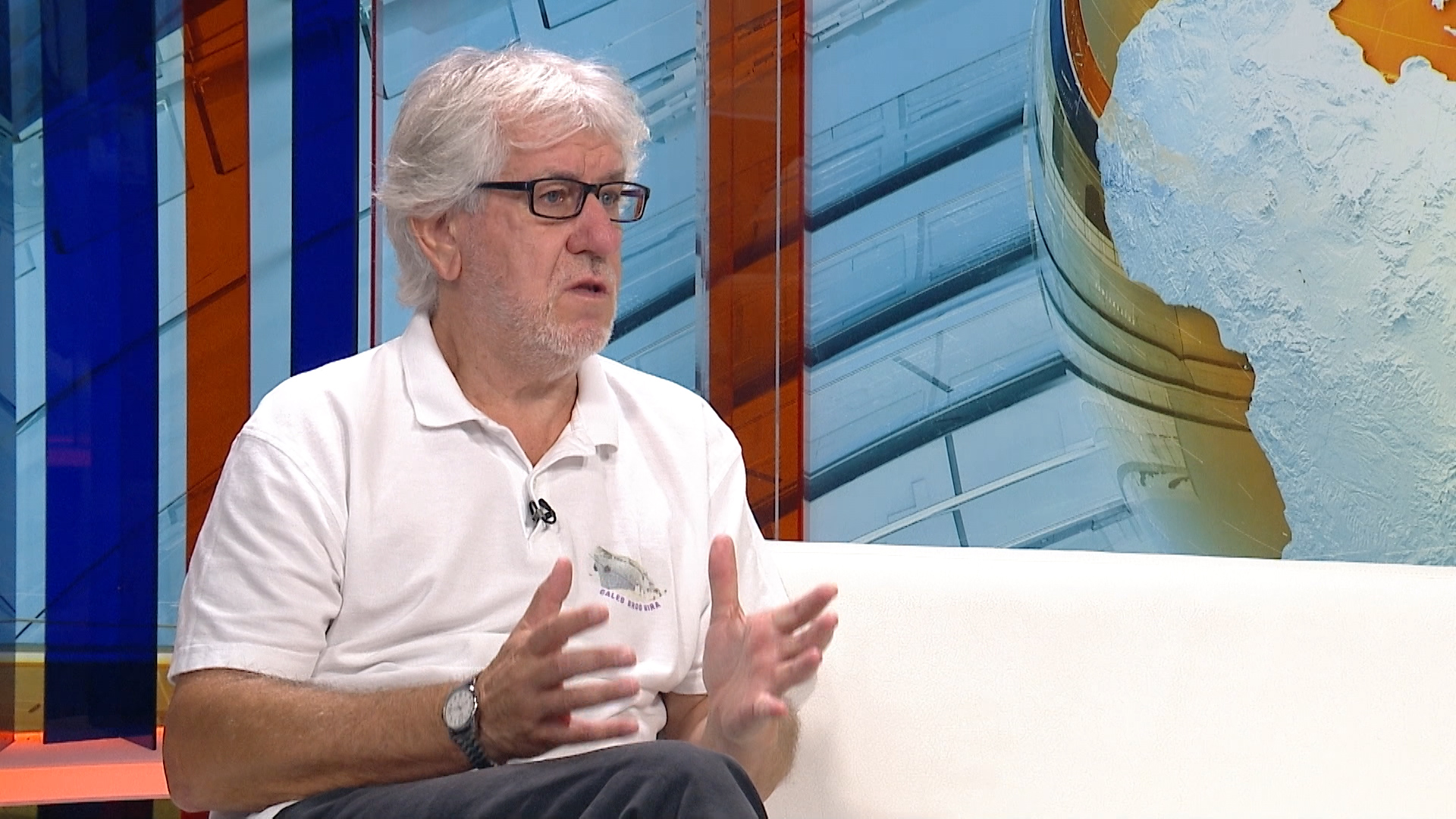
Being nationalist is profitable in Bosnia and all you need to do is to tell people fairytales while collecting money, sociologist Esad Bajtal told N1 in an interview on Thursday.
"There is a benefit to being a nationalist as it brings money to individuals and political parties. The people just need to be told fairytales," Bajtal said.
He said that the same people who in their 2010 election campaign made 1,941 promises to Bosnians are in power today, and they only fulfilled "two or three percent" of those promises, adding that they don’t really care about the people.
Bajtal spoke about Tuesday’s session of the National Assembly of Republika Srpska (RS), the Parliament of the Serb-dominated semi-autonomous entity in the country. RS lawmakers discussed an initiative to reject a report which details the July 1995 events in the Srebrenica area, where Bosnian Serb forces rounded up about 8,000 men and boys and systematically killed them in an act international courts later ruled a genocide.
"There is a 'Memorandum 2', which is secretive, but which has the goal of changing the character of the war in Bosnia and Herzegovina - so that Serbia, the Serbian and RS politics can be portrayed in a different way. And not only internationally, but also to the domestic public," Bajtal said.
He alluded to a document called 'Memorandum' that was allegedly put together by Serbian intellectuals before the Yugoslav wars began. The document laid out the future borders of a 'Greater Serbia', which included parts of Croatia and the entire area of Bosnia and Kosovo. The new country was supposed to be established after the dissolution of former Yugoslavia.
The sociologist said it is impossible to change the facts about the genocide in any way.
He spoke of the political atmosphere in Bosnia today, saying that, while there are institutions in the country that suggest it has a democratic system in place, actions show otherwise.
Previous experiences show that promises coming from politicians cannot be trusted, as politics in Bosnia is run by unprofessional and immoral people.
"They knowingly lied and knew in advance that creating 100,000 jobs is impossible," Bajtal referred to a promise that the main Bosniak party in the country which is currently in power, the Party for Democratic Action (SDA), made a few years ago.
"They tell us utopian stories only so they can save their own skins," he stressed.
He also touched upon nationalism in Bosnia, saying it was a "false story from the 80’s and 90’s that led to the aggression on Bosnia from the left (Croatia) and from the right (Serbia)."
"This region is nine-and-a-half times more indebted now than Yugoslavia was before the war," he said, explaining that people are being "manipulated" and they can not resist it as it is psychologically done and "with the help of professors and academics."
Those in power remain there with the help of 'outside structures', he said, exemplifying this by the Bosnian Serb nationalist affinity to Russia and the Bosniak nationalist affinity to Turkey. Bajtal asked why it is that refugees from the Bosnian war did not go to those countries if it is so good there, but went to western European countries instead.
World powers exclusively seek their own interest in the Balkans, he said, adding that they are no true friend to anyone in the region.
The overall situation in Bosnia is portrayed by the veterans who have been protesting in one of the country’s two semi-autonomous entities, the Federation (FBiH), for more than a year, he said.
"Why did we get ourselves into this situation where veterans must fight for their rights that are guaranteed by law?" he asked.
"Adolf Hitler said at his peak: Do whatever you like - get rich, just be careful not to get caught! Here, we don’t even have that warning. Those in power in Bosnia are not concerned over whether they will be caught," Bajtal concluded.
Kakvo je tvoje mišljenje o ovome?
Učestvuj u diskusiji ili pročitaj komentare





 Srbija
Srbija
 Hrvatska
Hrvatska
 Slovenija
Slovenija



























































